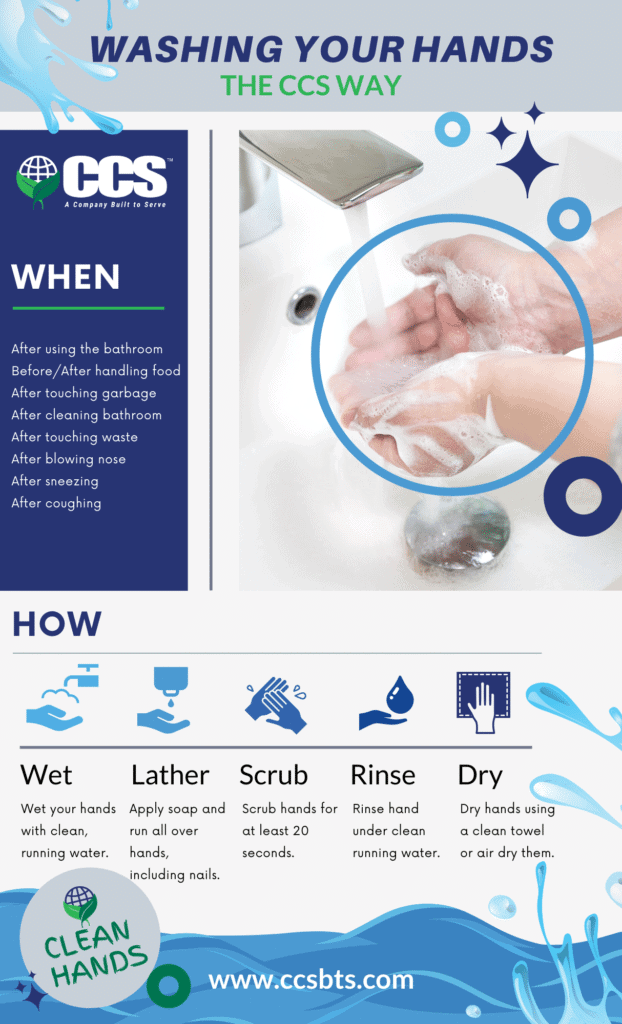A SPOON FULL OF VIRUS
Cold and Flu Viruses have the potential of being quite serious, in fact, they can be fatal. The CDC estimates that so far this season there have been at least 32 million flu illnesses resulting in 18,000 deaths. Influenza and other viruses, like the 2019 Novel coronavirus, should be taken with caution and care. In the March 1, 2020, World Health Organization’s (WHO) Situation Report – 41, there have been a total of 58 new world-wide regions confirmed with a total of 7169 cases of the COVID-19 virus.
Currently, there are already more than 60 cases of the coronavirus spread across the U.S. and the CDC warns of ‘community spread.’ “As we’ve seen from recent countries with community spread, when it has hit those countries, it has moved quite rapidly. We want to make sure the American public is prepared,” Nancy Messonnier, director of CDC’s National Center for Immunization and Respiratory Diseases, told reporters.
“As more and more countries experience community spread, successful containment at our borders becomes harder and harder,” she said. While Messonnier warns, “Disruption to everyday life might be severe,” the WHO presented on Tuesday, a clashing view. Bruce Aylward, a senior WHO official who led a recent international mission to China to see how that country had dealt with COVID-19, exposed:
“Think it’s going to be there tomorrow,” Aylward said during a briefing for journalists at WHO headquarters in Geneva. “The thing you’ve got to think is: If it hits us, we’re going to stop it. You have to think that way. I keep hearing, ‘Oh, if it hits us we just have to accept it and it’s going to spread.’ Why? You’ve lost before you’ve started.”
Adriane Casalotti, chief of government and public affairs at the National Association of County and City Health Officials, in response to the coronavirus outbreak, “People are operating day-to-day with a question mark,” she said. “Public health is used to getting stuck in political crossfires. … What we really hope is that people can come together.”
While the question of severity goes unanswered, Messonier said the CDC is evaluating data on measures that could be used to stem the spread of the virus, including school closures and other social distancing strategies, voluntary home quarantines, and surface cleaning methods. The CDC is using data from past flu outbreaks to study those strategies, but will tailor its recommendations for the new virus.
PREVENTION IS KEY
In the interim, the first and main focus for the average persons is preventing the outbreak from travelling further. The best and most effective method of preventing the spread of this virus, is to wash your hands. Washing your hands for more than 20 seconds with soap and water is 99.99% effective against germs and preventing illness. For more information on handwashing, see CDC’s Handwashing website.
For immediate handwashing tips for you, your family, and/or coworkers, CCS has provided a helpful and printable poster on how-to properly, wash your hands with the most effective germ-killing techniques. For the bilingual and PDF format, reach out to your local CCS representative or request a copy at info@ccsbts.com.





